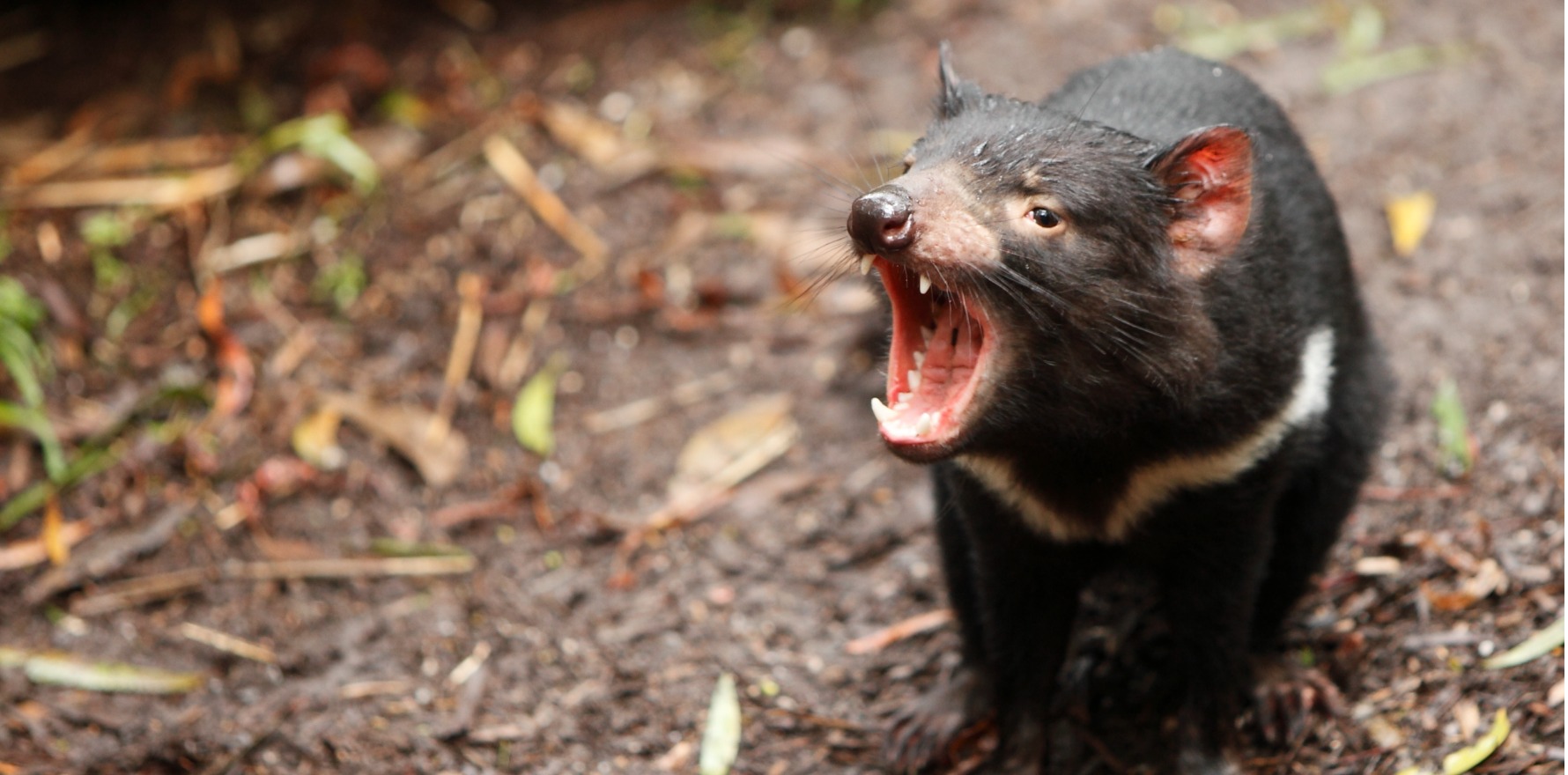Until now, Tasmanian rural generalists have had to travel interstate to practice in their advanced skill area.
In proof that governments can act quickly when they want to – especially if there’s a little media pressure – Tasmanian premier Jeremy Rockliff has responded to calls from rural generalists for a better employment model.
Speaking to the Mercury on Saturday, Mr Rockliff said he had directed the state health department to allow qualified rural generalists to provide services in all major hospitals with staffing gaps.
Tasmania has long been a holdout when it comes to running a formal rural generalist employment model, despite the state being entirely made up of Modified Monash Model (MMM) 2-7 regions.
GPs and rural generalists with advanced skills training in obstetrics, for instance, have struggled to work within its public maternity, reproductive and paediatric health services.
“We will also seek to utilise rural generalists in our district hospitals, noting surgeries are currently not performed in these facilities,” Mr Rockliff said.
“We support this work and have asked for it to be progressed as a priority.”
ACRRM regional training director Dr Sally Street told The Medical Republic that rural generalists faced no option but to fly to other states in order to practice in their specialised training area.
Dr Street, who has training in obstetrics, has been doing her obstetric clinical work in Thursday Island – about as far away from Tasmania as one can get.
“There are rural generalists that have moved to Tasmania knowing that the skill sets they have aren’t being used here,” she said.
“Because they’re skills that you need to use in order not to lose, we’ve had to find other ways to keep them up while we’re waiting and hoping that one day we’ll be able to use them here in Tasmania.”
Related
It will be particularly beneficial, she said, for regional hospitals that are meant to cover wide swathes of the island.
“The North West Regional Hospital, for example, is located in an [MMM3 region], so that’s a fairly rural area, and looks after women that are living in MMM3 to MMM7, or very remote, areas,” Dr Street said.
“I think that generalists who are specialists in all things rural and in looking after people who are living rural and remotely – we’ve got something to add there, and something to add that’s not just more hands on deck to help deliver babies.”
It’s not a new issue; ACRRM has been banging the drum for some time now.
“There are many RG trained doctors who call Tasmania home, and who fly in and out of Tasmania to utilise the full breadth of their skillset simply because they are not offered any ways to use their skills locally,” ACRRM wrote in a January submission on maternity care.
“At the same time, doctors from the mainland are flown in to provide services the local RGs are flying out to provide elsewhere.”
Rural Doctors Association of Tasmania president Dr Ben Dodds said the change will be “far-reaching in its impact” and benefit patients across both primary and secondary care.
“It will encourage our great local doctors currently training to be RGs to remain in Tasmania once they have completed their training; it will reduce the staffing pressure currently on our hospital system by allowing more doctors to work in them; and it will have the longer-term benefit of increasing the services and care available to rural, remote and Indigenous communities across Tasmania,” he said.
“We hope there is swift action from the Department to implement this change, and to see RGs working in our hospitals in the near future.”





